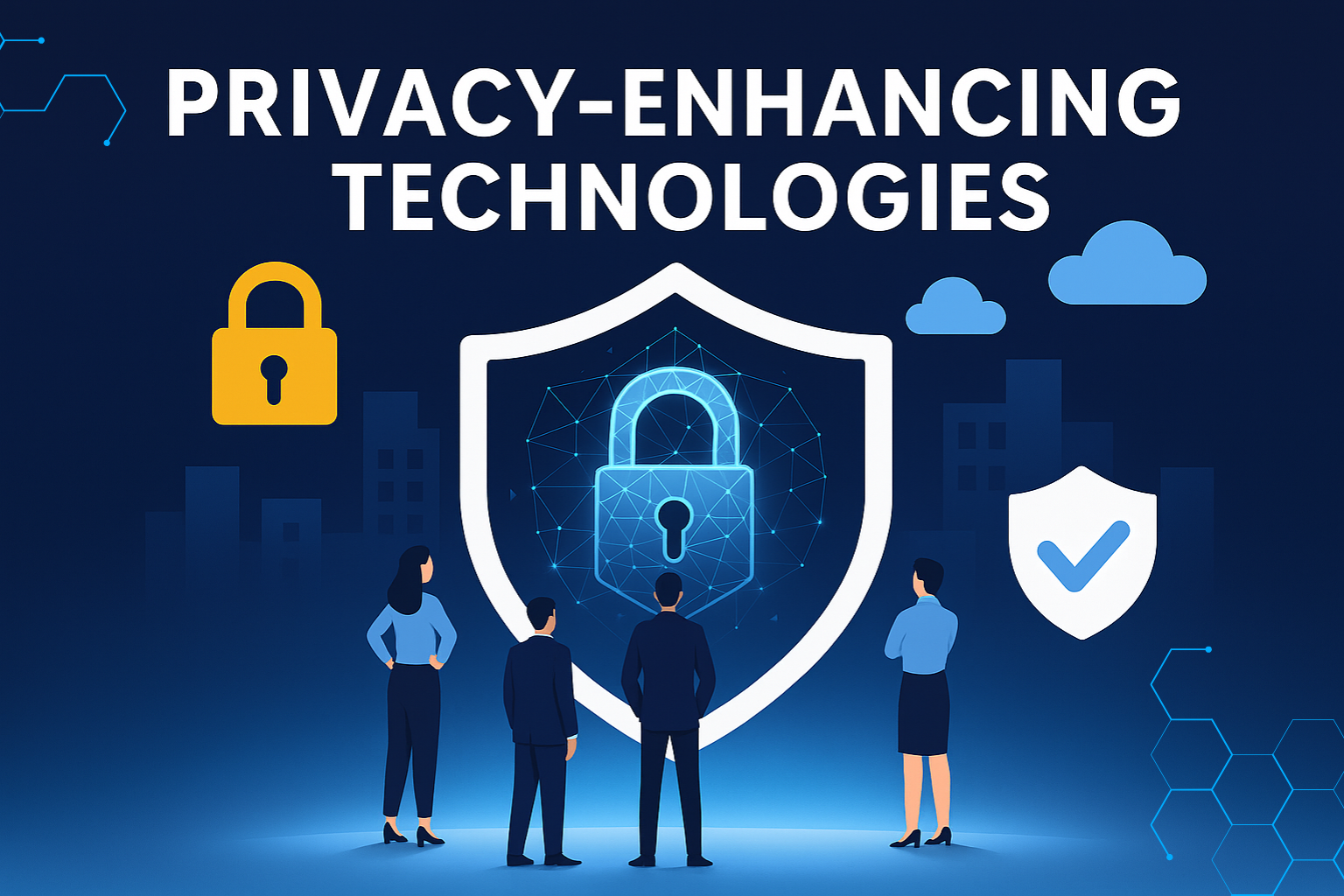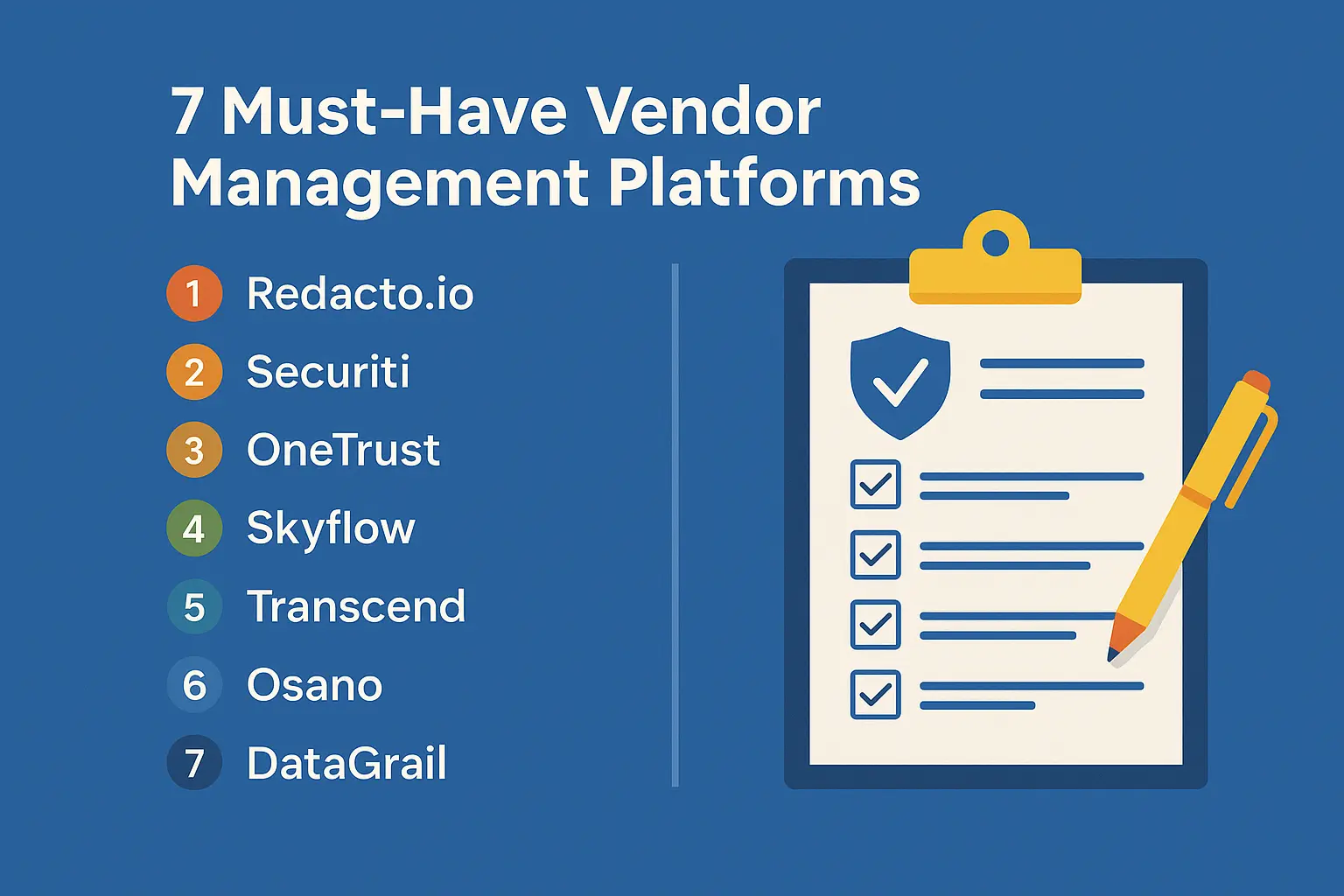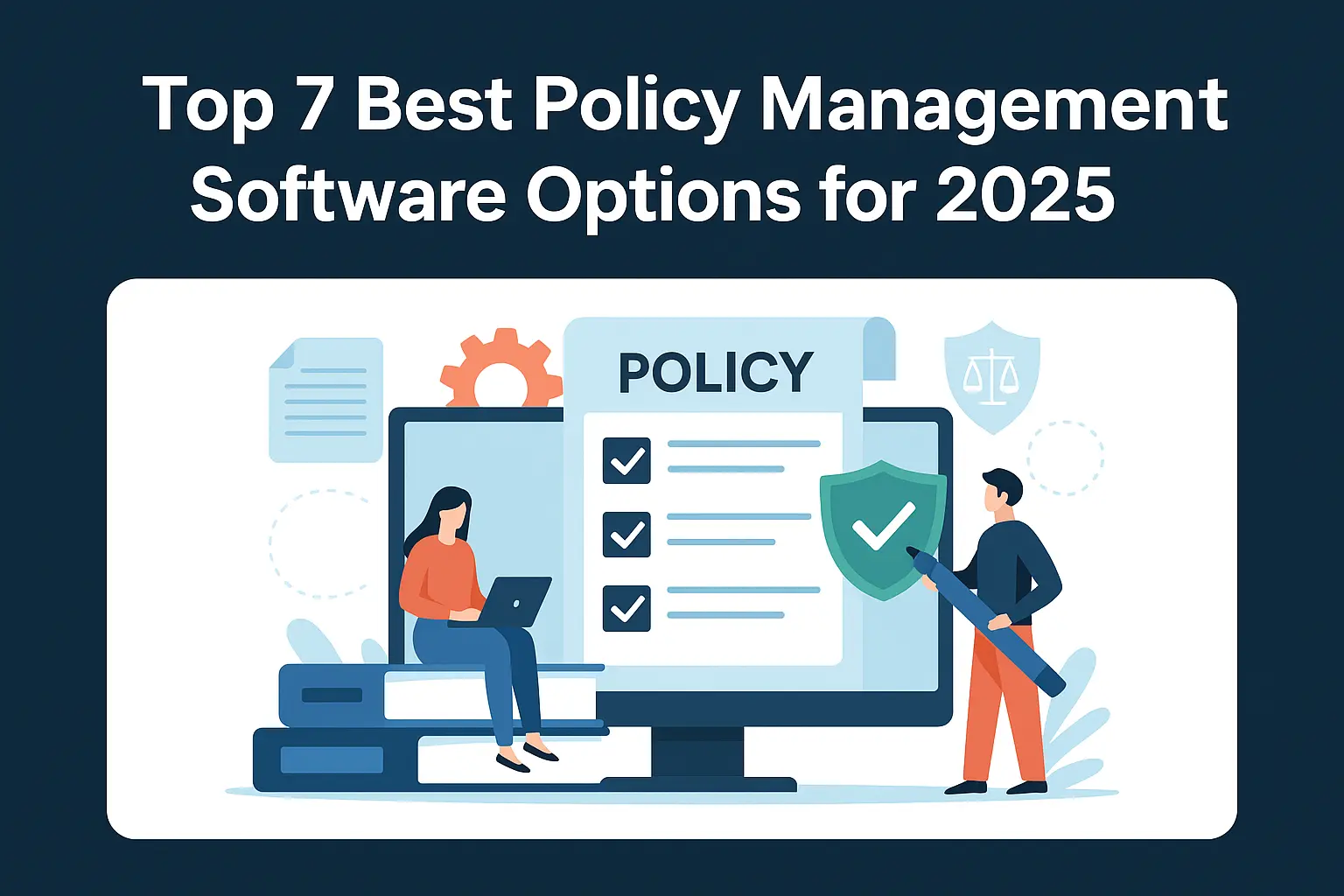
Internet Privacy: Why It Matters in a Data-Driven World
Internet Privacy: Why It Matters in a Data-Driven World
The internet has transformed the way we live, work, and connect. But behind the convenience of instant communication, online shopping, and social networking lies a less visible reality: your personal data is constantly being collected, analyzed, and sometimes misused.
From tech giants using browsing data for targeted advertising to cybercriminals exploiting weak systems, the debate around Internet privacy is no longer limited to IT specialists, it concerns every individual, business, and government.
This article explores in detail why Internet privacy matters, the risks of neglecting it, the role of technology, and the impact of global laws and regulations that aim to protect users in a fast-changing digital world.
What is Internet Privacy?
Internet privacy (also called online privacy or digital privacy) refers to the protection of personal information, browsing activities, communications, and online identity from unauthorized access or misuse.
It encompasses:
- Data Privacy: Protecting sensitive information such as banking records, addresses, and personal identifiers.
- Communication Privacy: Ensuring emails, chats, and calls remain confidential.
- Browsing Privacy: Limiting tracking by websites, ISPs, and advertisers.
- Regulatory Compliance: Following data protection laws that safeguard users.
Why Internet Privacy Truly Matters
1. Data Is the New Currency
Our personal information like names, browsing habits, purchasing patterns is traded like a commodity. Advertising networks, data brokers, and malicious actors all thrive on exploiting it. Without privacy, individuals become products rather than participants in the digital economy.
2. Cybersecurity and Financial Safety
Cyberattacks have grown more frequent and sophisticated. Ransomware can lock hospitals, phishing scams can empty bank accounts, and large breaches leak millions of records in seconds. Internet privacy acts as the first layer of defense against these threats.
3. Legal and Financial Risk
Non-compliance with privacy regulations now carries heavy consequences. Under GDPR, fines can reach up to 4% of global turnover. India’s Digital Personal Data Protection Act (DPDPA) requires companies to appoint Data Protection Officers and conduct audits. Privacy is no longer optional, it’s a legal necessity.
4. Digital Freedom and Human Rights
Privacy underpins freedom of expression and association. If people feel constantly monitored, they self-censor. This erodes democracy and innovation. In this sense, privacy is a human right, not a privilege.
5. Trust as a Business Differentiator
Today’s users prefer to engage with companies that demonstrate care for their data. Businesses that respect privacy win loyalty, while those that neglect it face boycotts, lawsuits, and reputational harm.
Internet Privacy Myths vs Reality
Myth 1: “Clearing my history and deleting files protects me”
Reality: Data doesn’t disappear so easily. Even after deletion, information can remain on servers, cloud backups, or be recoverable through forensic tools. True privacy requires secure deletion, anonymization, or redaction.
Myth 2: “Hackers only go after big companies”
Reality: Small businesses, students, freelancers, and even individuals are often easier targets. Cybercriminals exploit weaker defenses, making everyday users just as vulnerable as large corporations.
Myth 3: “Using Incognito or VPN means I’m invisible”
Reality: These tools provide only partial protection. ISPs, apps, and websites still collect data. Incognito only hides browsing history locally, and VPNs hide your IP but not your activity from platforms you log into.
Myth 4: “Privacy laws are the same everywhere”
Reality: Every region has unique frameworks. A company compliant with Europe’s GDPR may still fail under California’s CCPA or India’s DPDPA. Navigating multi-jurisdiction laws requires more than a one-size-fits-all approach.
Myth 5: “AI Threatens Privacy”
Reality: While AI can raise concerns when misused, it is also the most powerful tool for safeguarding privacy. Redacto leverages ethical AI to detect, redact, and anonymize sensitive data instantly. Instead of exposing data, AI here acts as a shield.
Internet Privacy for Businesses: A Competitive Advantage
For businesses, privacy is more than just risk management. It is:
- A trust-building mechanism: Companies that clearly explain their data practices foster stronger customer loyalty.
- A compliance requirement: Avoiding fines and lawsuits by staying ahead of evolving laws.
- A growth enabler: Privacy-focused products often attract privacy-conscious users (a growing segment).
- A brand asset: Transparency and accountability improve reputation in a crowded marketplace.
Conclusion
Internet privacy in 2025 is no longer a luxury — it is a fundamental necessity. The myths around privacy, from “deleting data is enough” to “AI is always a threat,” often lull users into a false sense of security. In truth, privacy requires awareness, proactive protection, and the right tools.
Redacto provides a practical solution for organizations and individuals who need reliable, automated privacy protection. By leveraging ethical AI, Redacto ensures that sensitive data is redacted, anonymized, and managed in compliance with laws across jurisdictions without slowing down workflows.
For businesses and individuals alike, protecting privacy is not about hiding; it is about maintaining trust, compliance, and digital freedom in a connected world.
FAQs
1. How do laws like GDPR, CCPA, and DPDPA affect privacy?
They establish strict standards for data usage, user consent, and accountability, making privacy legally enforceable worldwide
2. How does technology impact privacy?
While IoT, cloud, and AI create new challenges, AI-powered tools like Redacto help safeguard privacy through automation, redaction, and compliance monitoring.
3. Is Internet Privacy the same as cybersecurity?
Not exactly. Cybersecurity is about defending systems from attacks, while privacy is about controlling the use and ownership of data.
4. What role does AI play in Internet Privacy?
AI strengthens privacy by identifying risks faster, automating compliance, and enabling businesses to secure sensitive data at scale.
5. How does Internet privacy benefit businesses?
It strengthens customer trust, ensures legal compliance, reduces risk, and serves as a competitive advantage in a privacy-conscious market.




%20Redacto%20logo_New.png)
.jpg)


.jpg)
.png)


